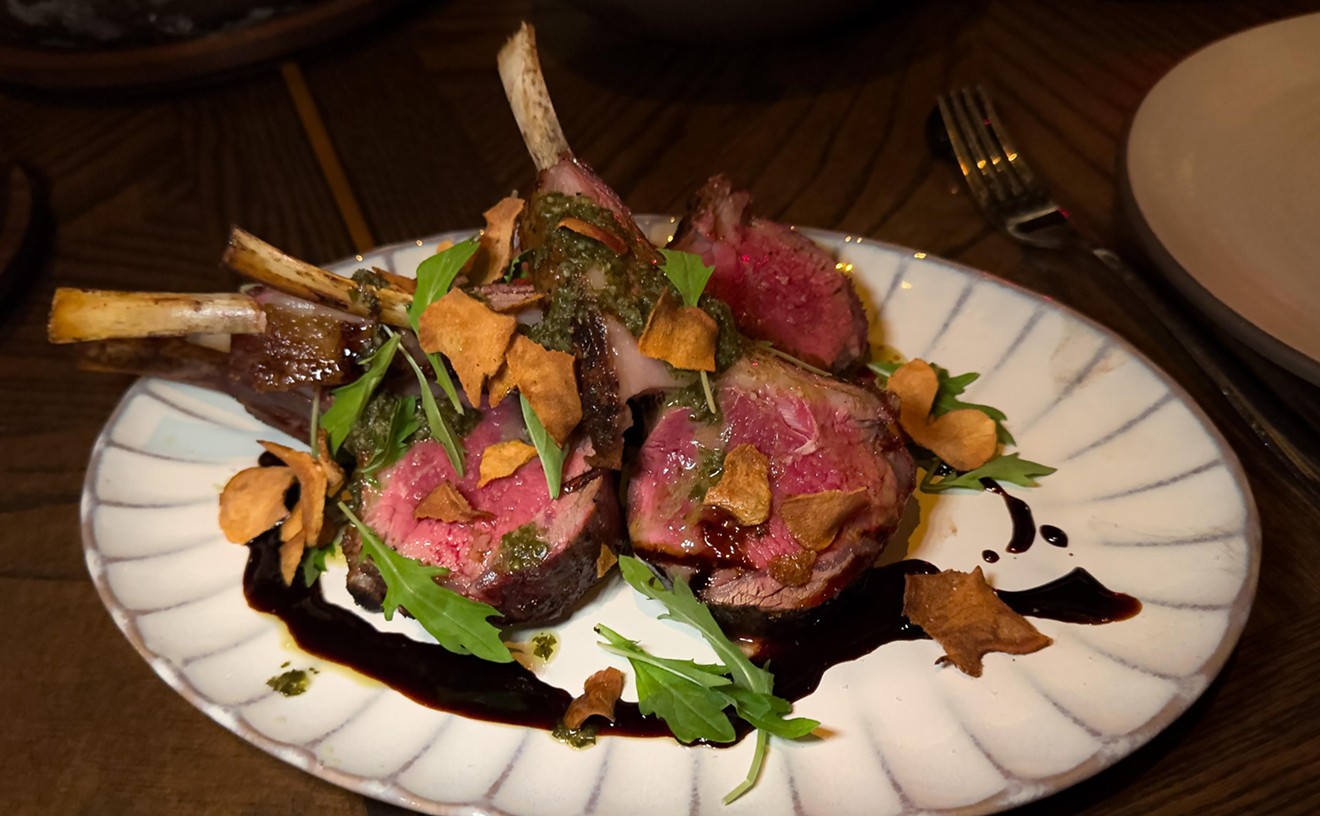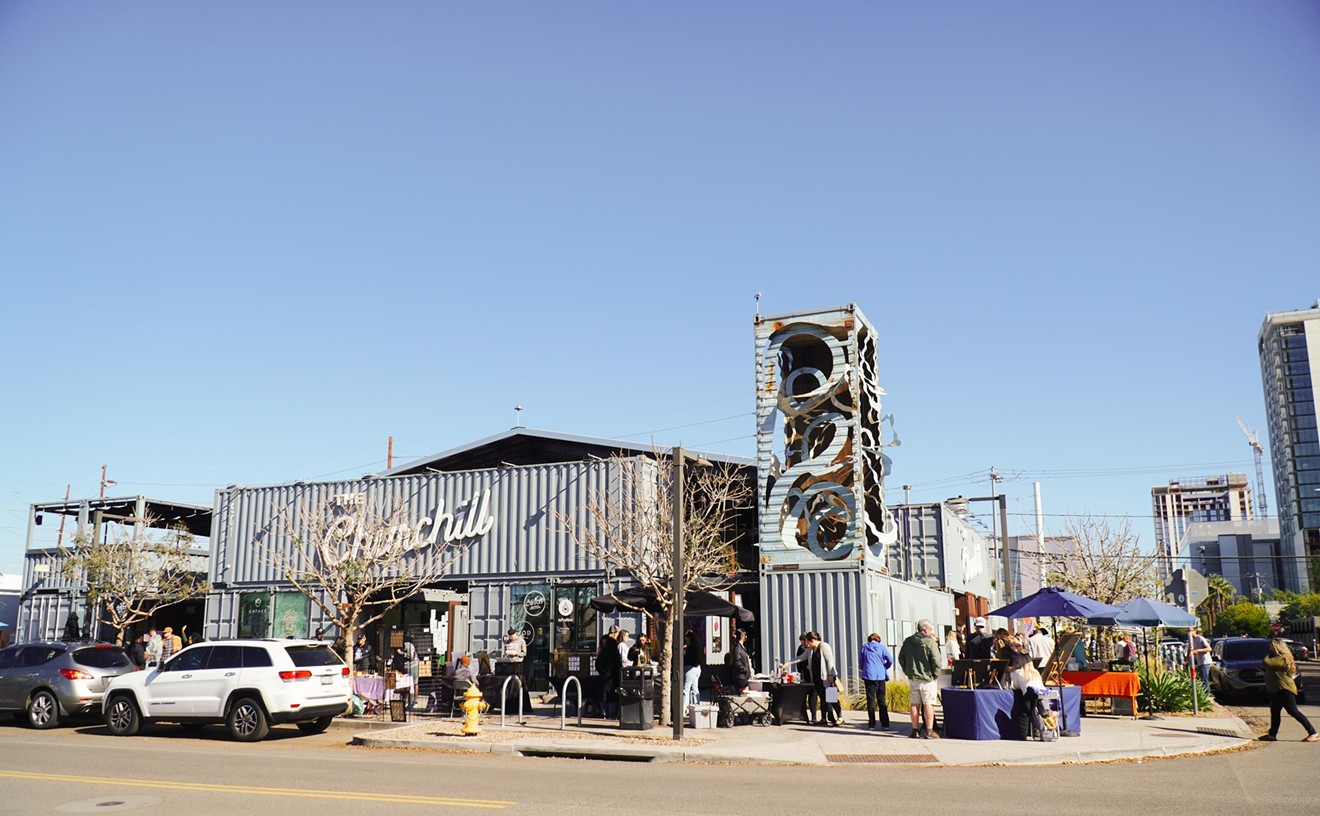Yesterday, we shared the first part of our conversation with Rebecca Nab Young, author of There's Always Room for One More: Volga German Stories and Recipes. Today, our chat about the unique Volga German food and culture continues.
How did your family get to America?
My grandparents left in 1901 and 1912, then they had the famines, we had this whole terrible thing going on with the Bolsheviks....They got on a train and went to Germany, if you stayed in Germany for six months you could become a citizen, they allowed that. And, America had open immigration for Germans. Any amount of Germans could come into America at that time.
Where did they go after Ellis Island?
Then they got on a train in New York and came to Colorado and I believe they had relatives there already. Colorado was a lot like the steppes of Russia and they felt comfortable there and they started farming.
A grain from the Old Country...
The thing that the Volga Germans brought to America was this little hard, red wheat, that would survive the winters in the steppes of Russia. That's why you see all the wheat farms in North Dakota, those are the Volga Germans. They brought this wheat and it could survive the harsh winters.
...And also a story
Grandma didn't talk about Russia very much but she did tell me in the fall the men would leave and they would be gone for a month, maybe two moths, harvesting. Some of the women were left behind in the villages to take care of everything. And so she said this one time they were running out of food, and the men hadn't returned, and so she had to go out to the corral and sit on a hog, she sat on it and slit its throat and killed it and butchered it herself!
It's easy to see that their lives had been very difficult! It seems like they were able to hold on to their traditions quite well when they got here though...
My grandmother never spoke English, she spoke German to us. And she would always say to us and shake her finer, "Never marry and Englishman," and by Englishman she meant anybody that wasn't us. None of us listened to her....They were speaking the German that they spoke in 1774 when they got to America, they were still speaking that German and nobody else was. That language had changed, so today the German that my mother speaks is nothing like what German people speak in Germany.
What was your hometown like?
There weren't any Germans from Germany in our area, it was all Vogla Germans. You were either Volga German in my community or we had a lot of Japanese farmers, a lot of Mexican help that worked as laborers to the German men on the farms, and English people. [Torrington, Wyoming is a] very small town, at that time it was about three or four thousand people, now it's six thousand people. My mom still lives there and both my brothers, I'm the only one that got carried away and left.
How did you end up in Arizona?
My husband's family is here. He's from Princeton, NJ, however his parents retired here. And when I married him I was feeling very adventurous and said "Let's go live in Arizona." I've been here about 30 years.
Was the Volga German cuisine influenced by Russian cooking?
Well I think it must have been....I do know that the Russian people ate a lot of watermelon and a lot of cucumbers and those are our favorite things. [One of my favorite recipes] is cucumber salad. If you're Volga German, and it's summer, and you live on a farm, and even if you don't live on a farm anymore, you're going to have this.
Are there any old family recipes that you do not make as much anymore?
Cabbage buns. It's like crack cocaine to all of us and my husband. I'm going up [to Wyoming] soon and all anybody is asking me for is, "Bring back cabbage buns!" It's a sweet dough and it's hamburger, cabbage, and onion...The reason nobody wants to make them and even I don't make them is it takes all day....I said "When I come up there, Mother, we're going to have to make the cabbage buns," and she goes, "You know what I find that I don't like about those? I make so many and they're gone so fast!" It takes her all day and then we all just inhale them
You seem to have a lot of family artifacts around, do you treat them more like keepsakes or do you use them day to day, like the little flour scoop? I use it every day. It was given to my aunt who gave it to me and told me it was my Grandma Bauer's. So basically I'm surrounded by my aunts and my mother all the time, every day that I cook. My cookware came from them, my cookbooks, my flower scoop, my bowls. So when I'm cooking I think of them.
Will you be writing any more cookbooks?
I have a million stories to tell, and I want to tell more stories. They're always asking me if I'd write something else and I said I would. While everybody loves the food, and they've tried a recipe, the reaction I'm getting is, "I love your stories." I had a cousin call me from Denver and go, "I fell off the chair laughing reading about your dad and the chicken," so it seems that my stories are what is resonating with people. So I told my son-in-law that I'd write another one because I have a million stories and lots more recipes.
Check back tomorrow for one of Rebecca Nab Young's special family recipes.










